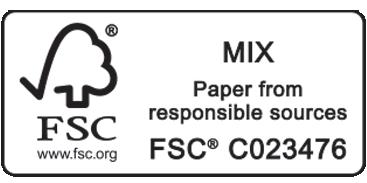




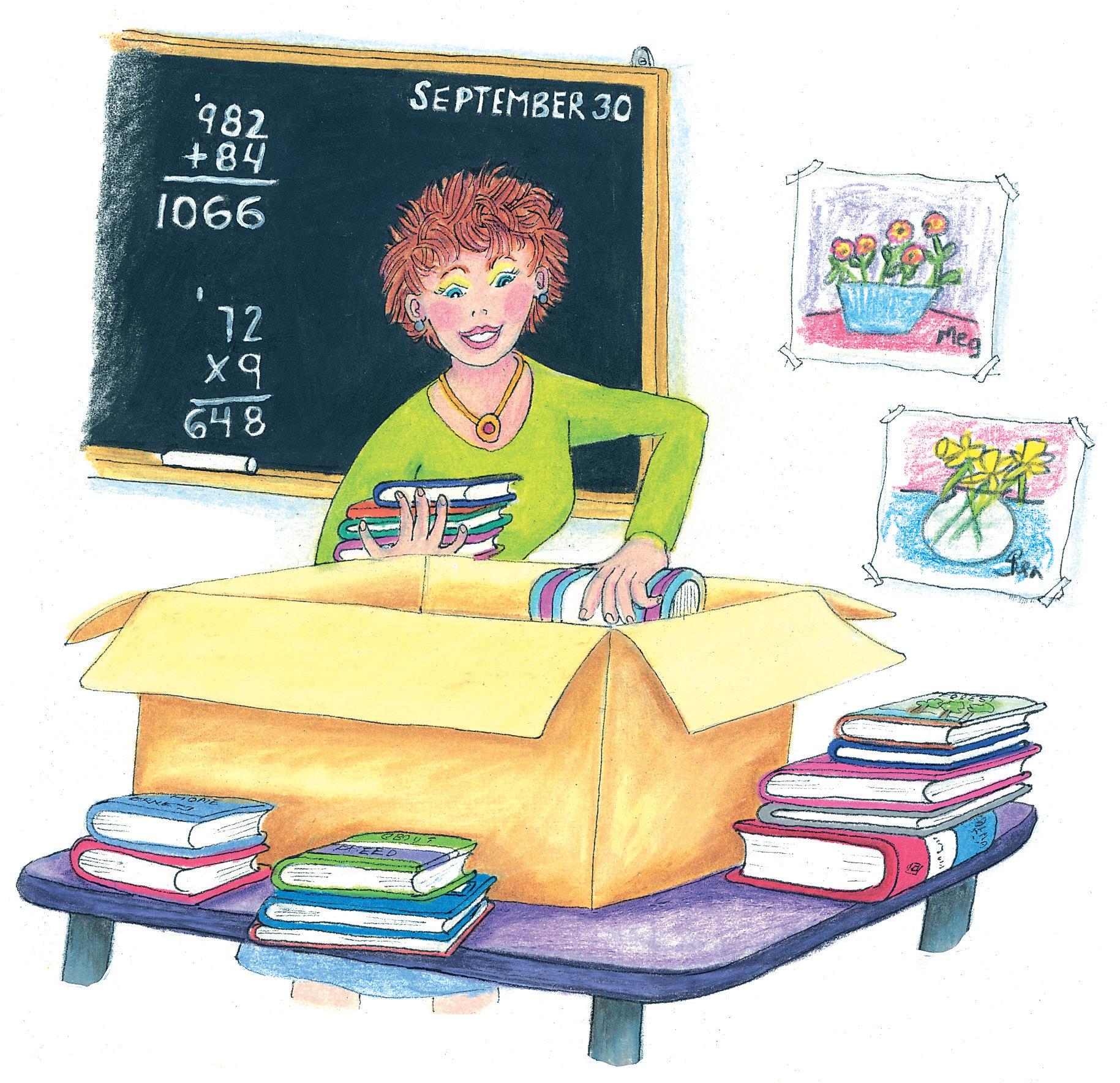
Before tackling these Yellow Level Readers, a child will need to be able to:
l
l
Recognise the basic 42 letter sounds shown at the bottom of this page; Understand the alternative sound made by ‹y › at the end of words like happy and sunny, as shown in the leaf below; Read (blend) regular words containing these letter sounds; Recognise the ten tricky words shown in the flowers below; Recognise the names of the three main characters, as well as Phonic.
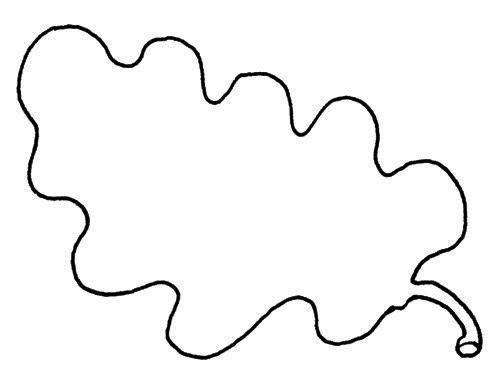
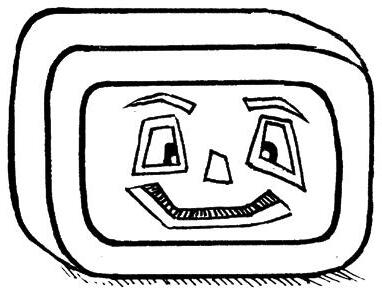
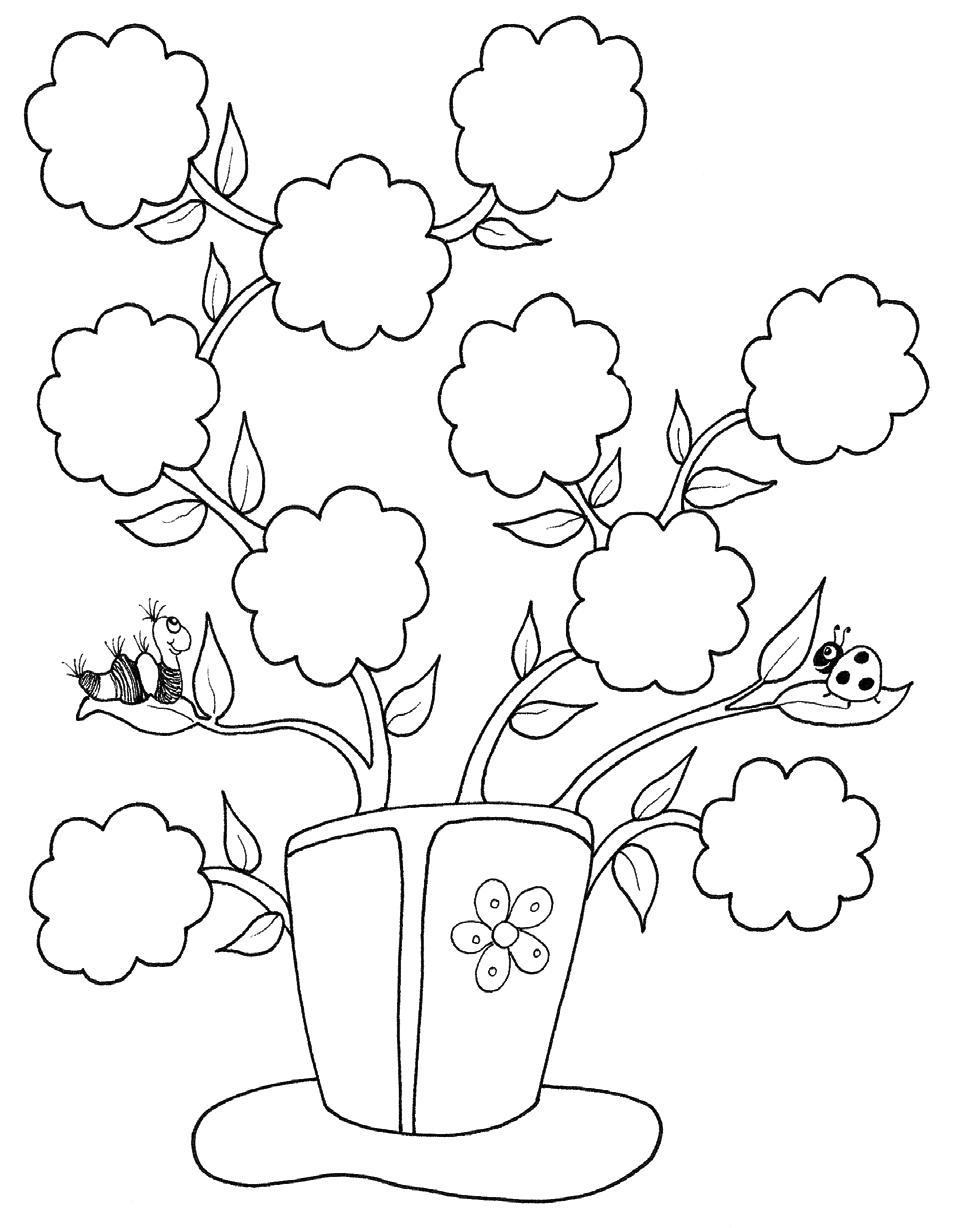
Hint: Recognising word families can help a child read new tricky words. For example, knowing the tricky word all, should help a child read the words ball, call, fall, hall, small, tall and wall.
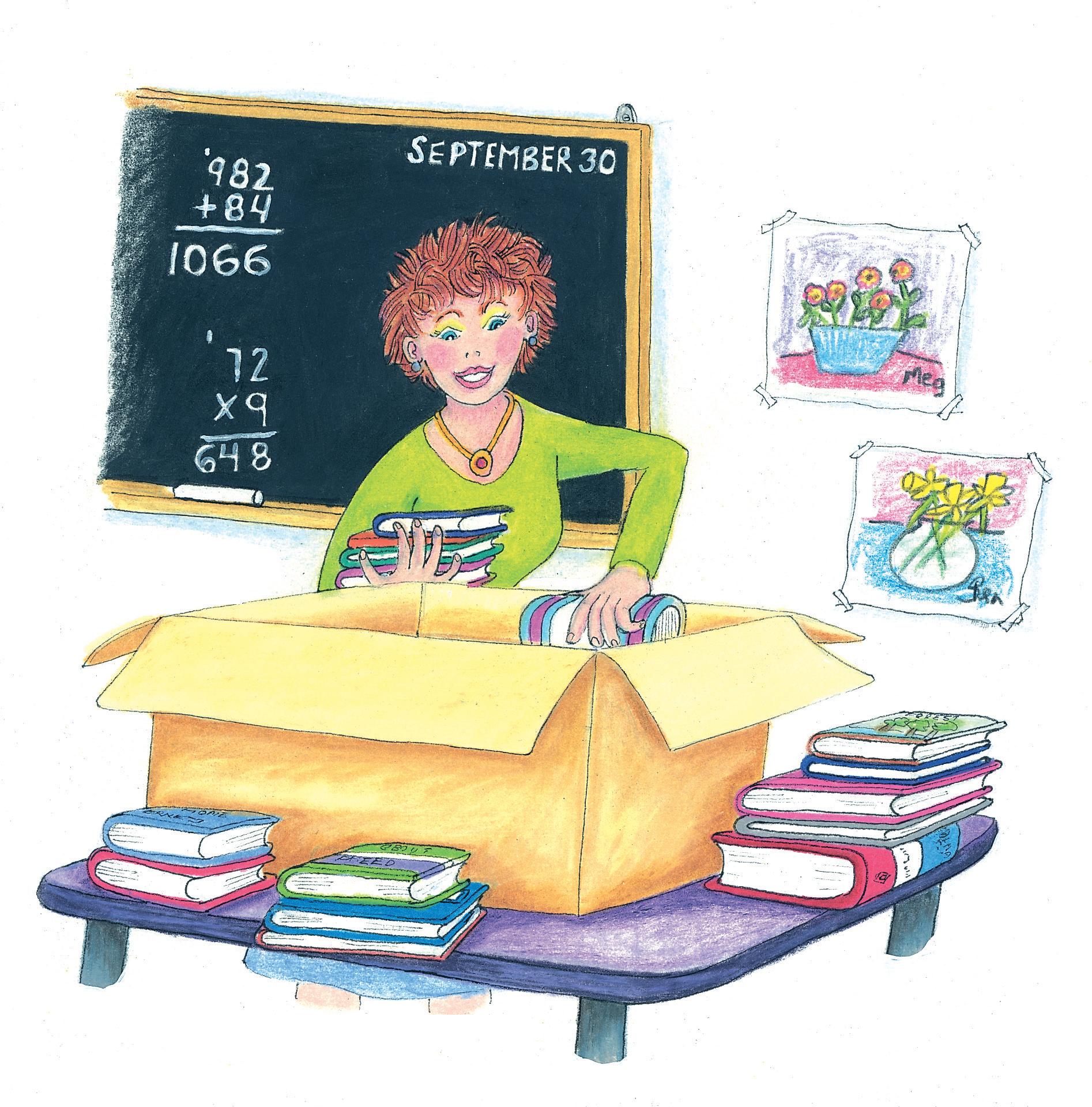
Miss Beech unpacks some books from a big box. She stores the box in a corner.
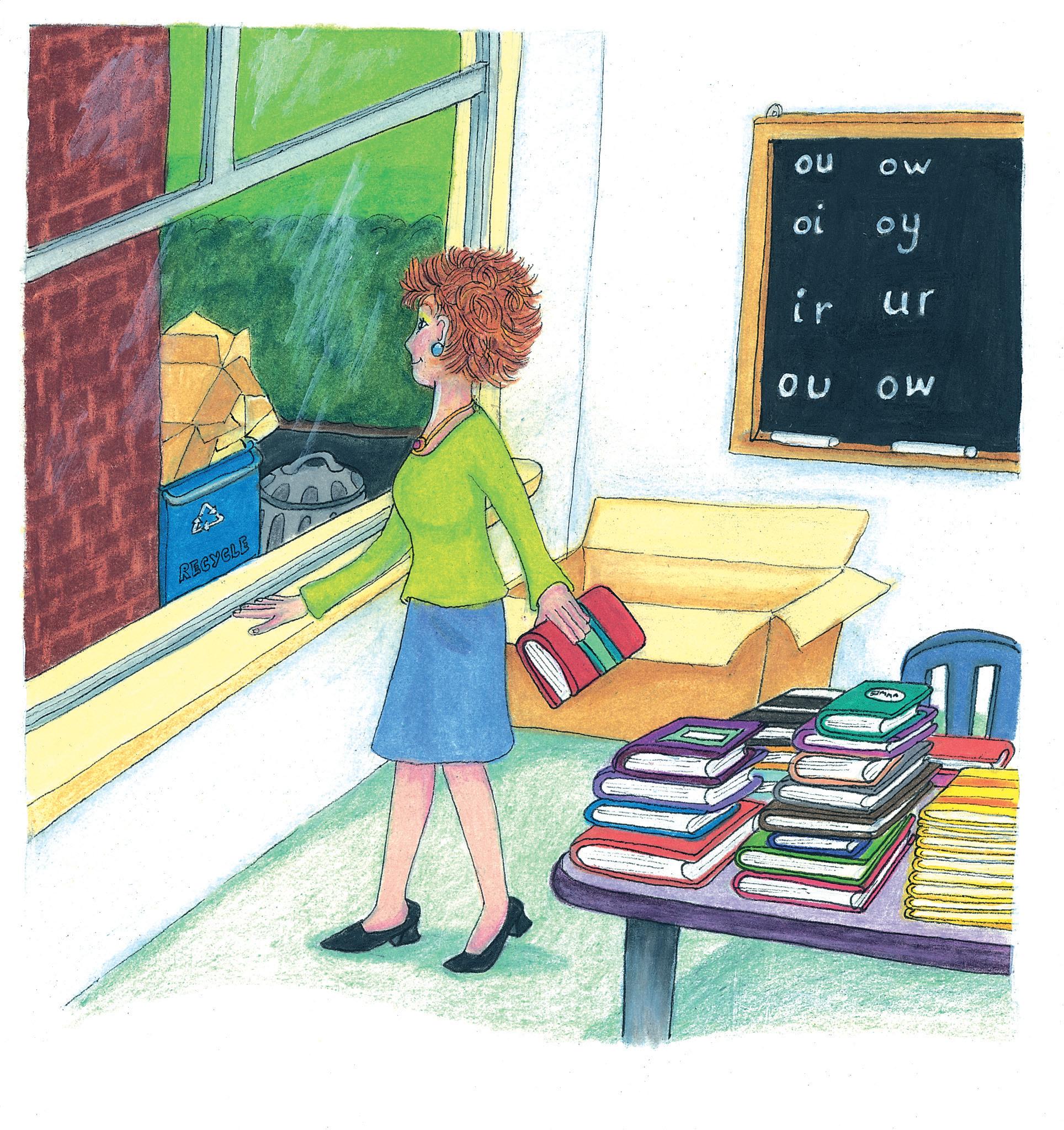
“I will carry it out soon,” she thinks.
The children all rush in and see the box.
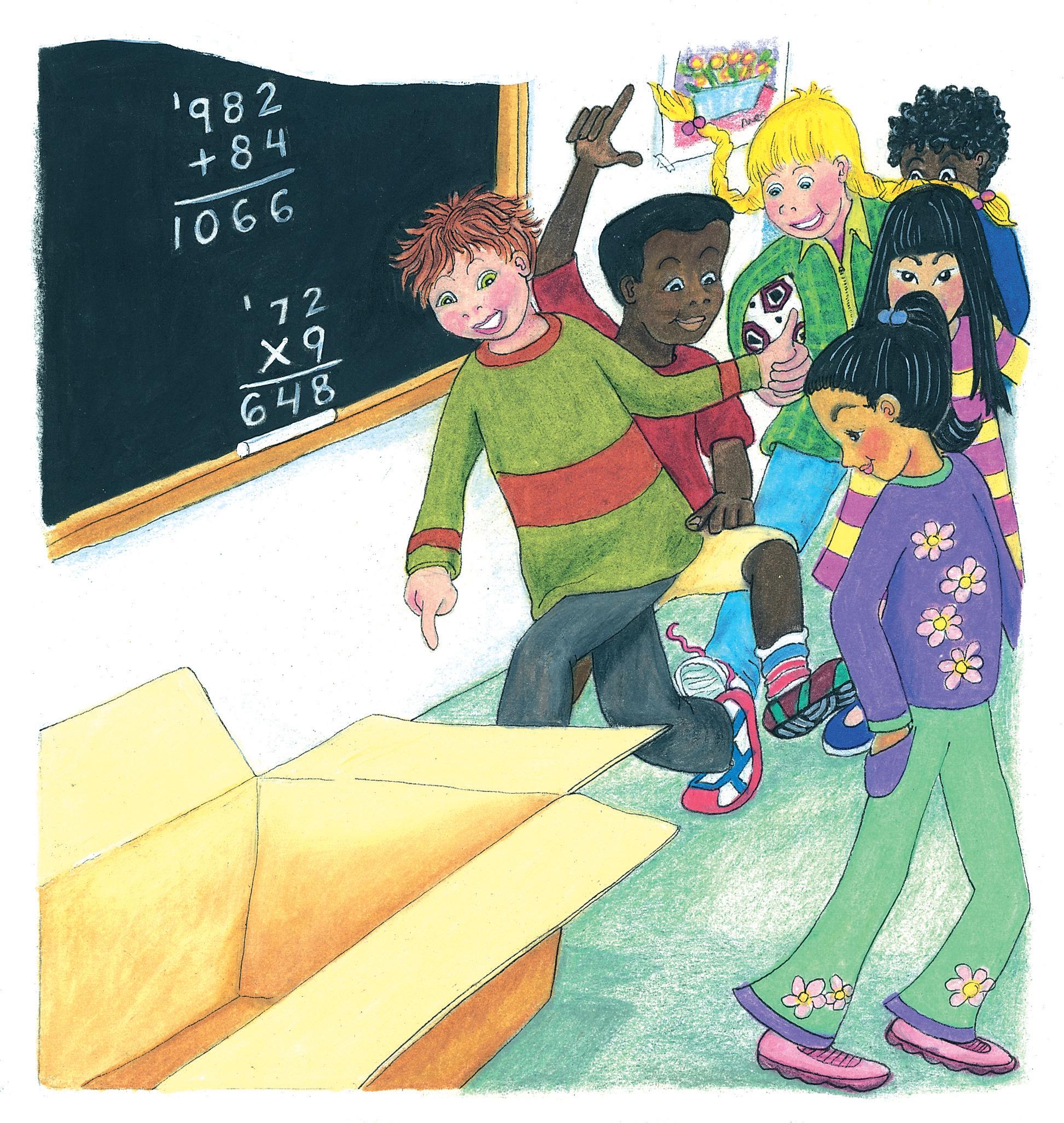
Seth looks at the box.
“Hmmm,” he thinks. He sits in the box.
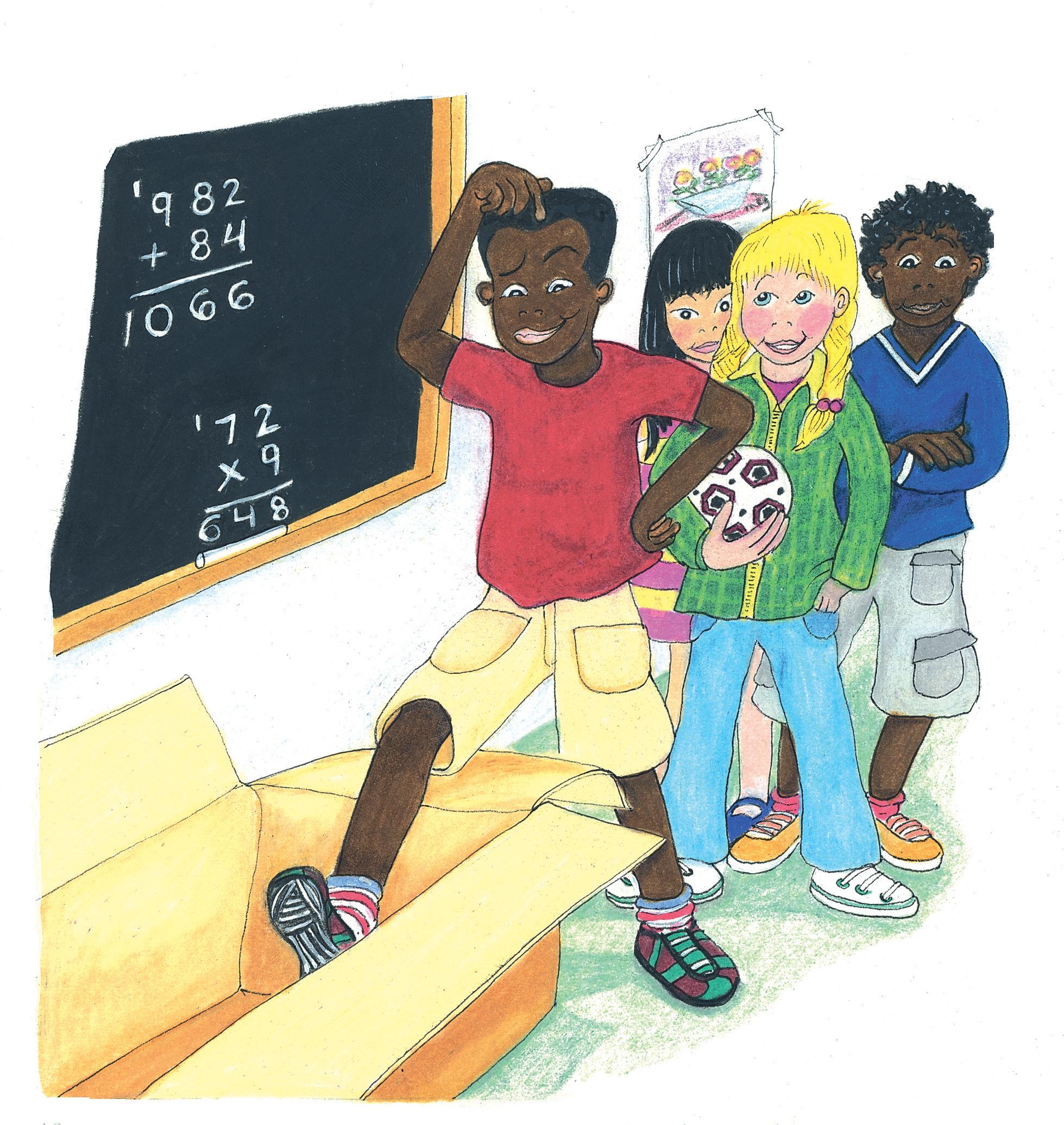
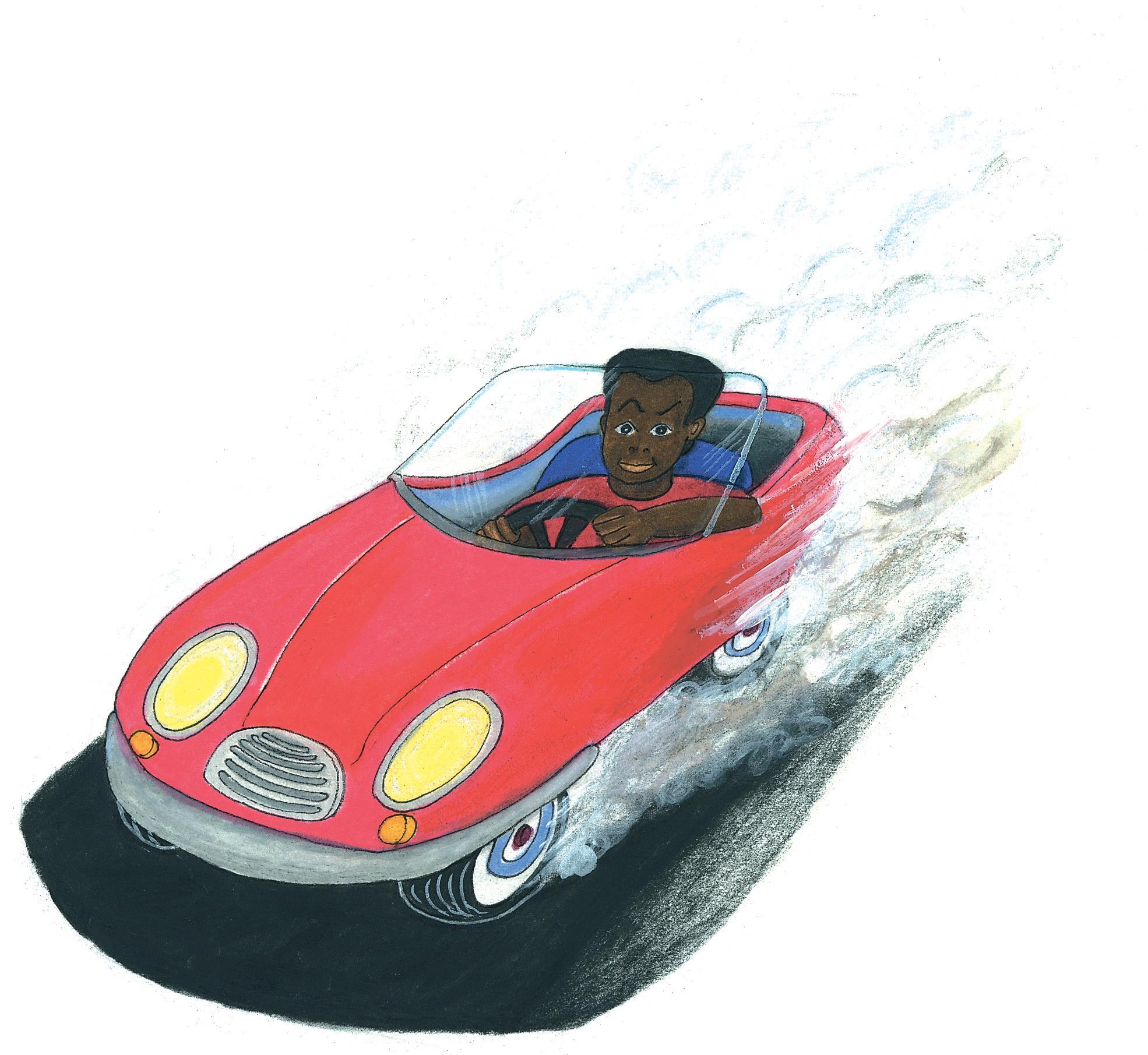
He pretends it is a red sports car.
“Vroom, vroom. I am the winner!” shouts Seth.
Meg
thinks the box is a boat. She ties her coat to a broom, for the sail.

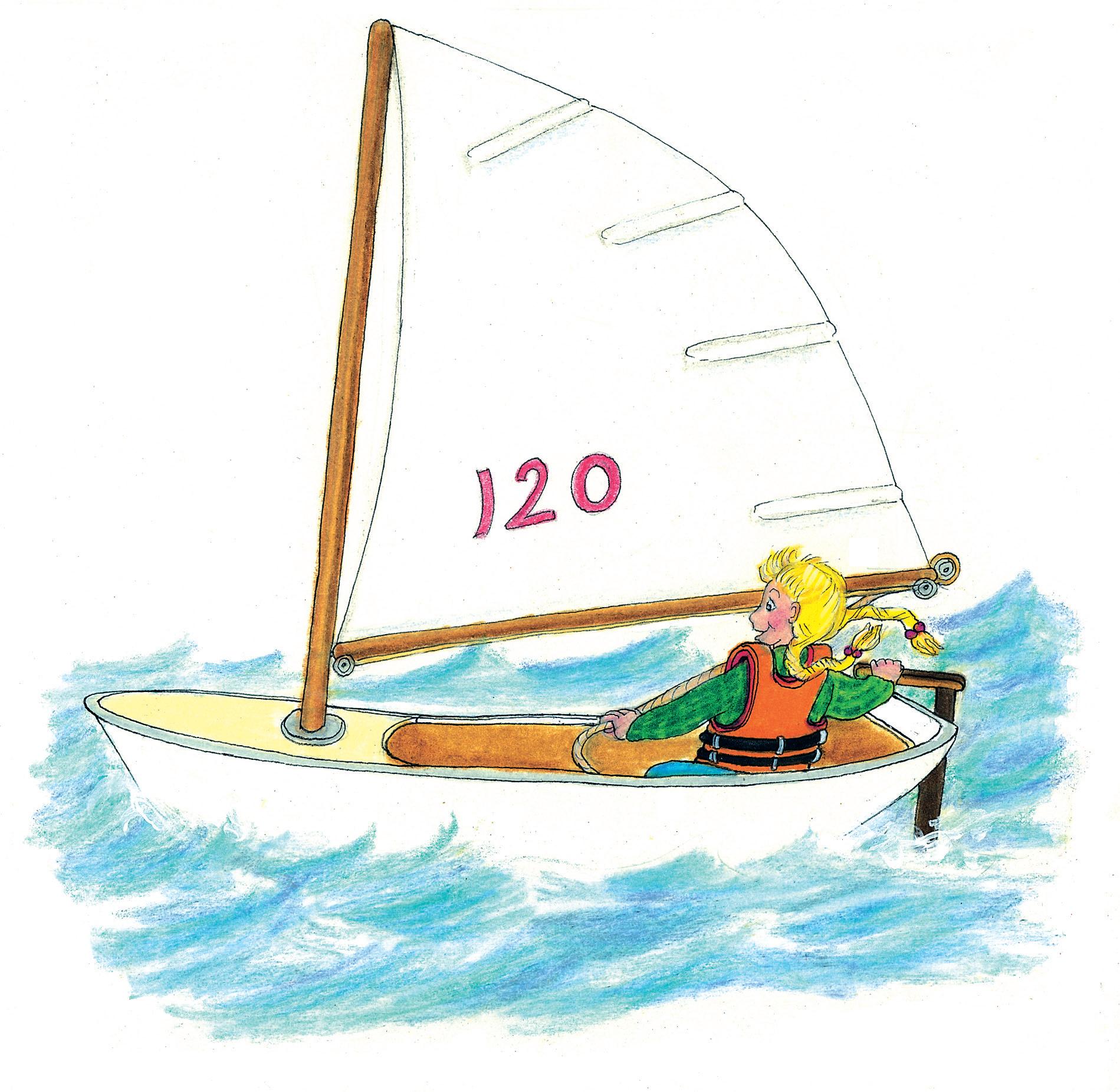
The boat box sails in the wind.
Captain Meg stands at the helm.
The box sails into a storm. It is tossed about.
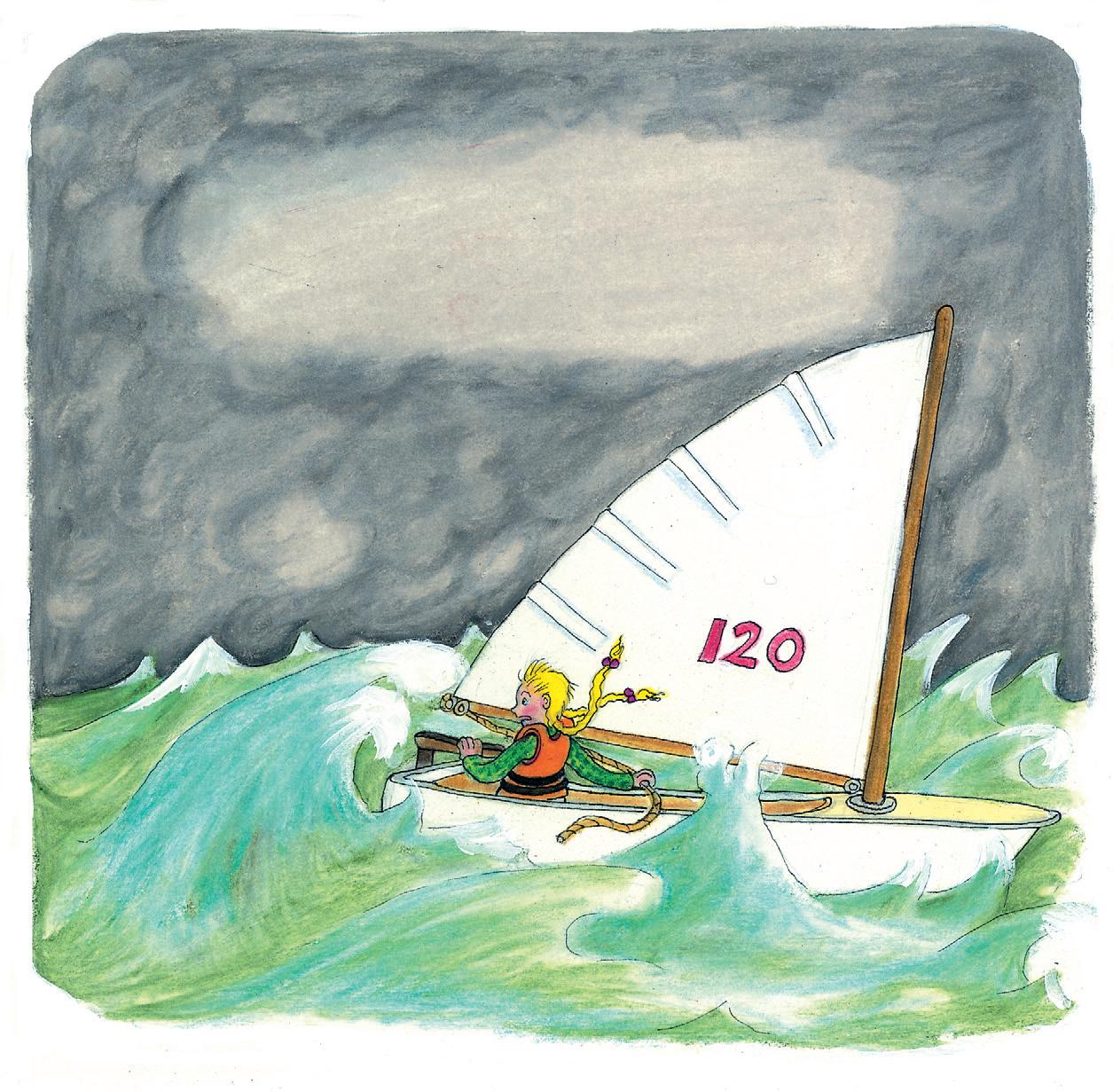
“Help!” shouts Meg. “The boat is sinking.”
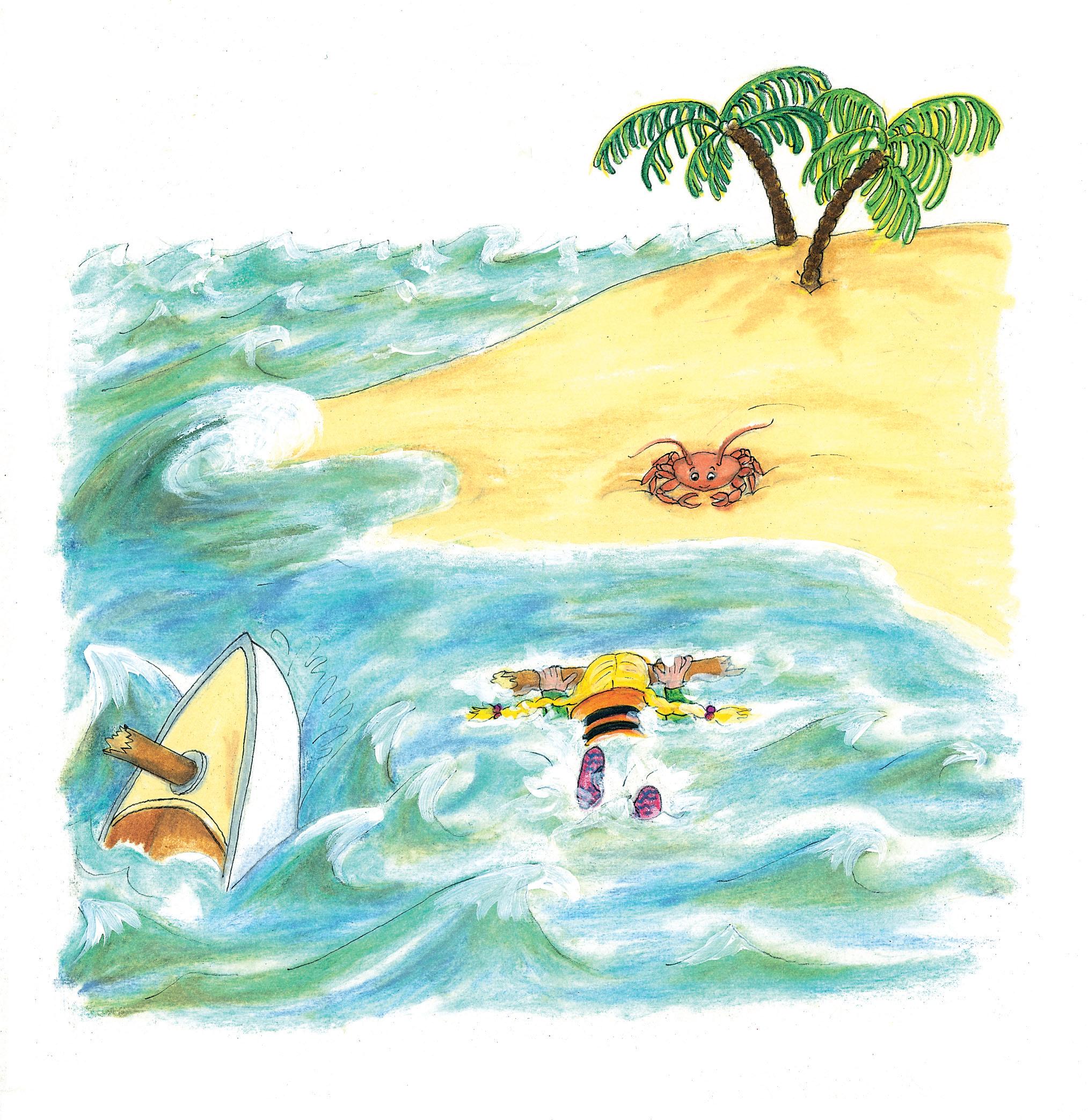
Meg hangs on to part of the boat. She sees some sand and swims to it.
The box is his shell. He peeps out from under it.

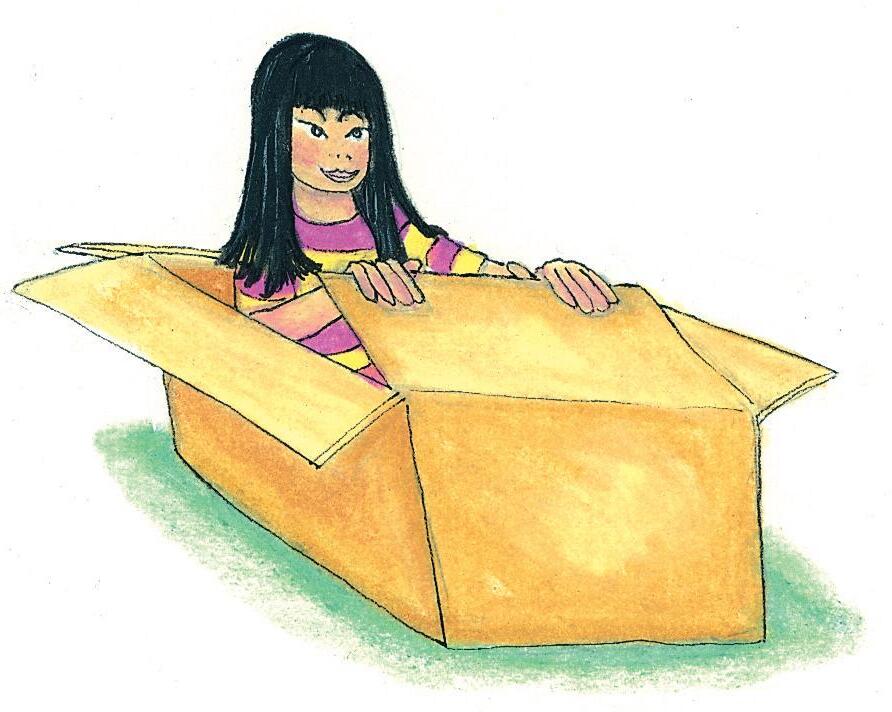
box.
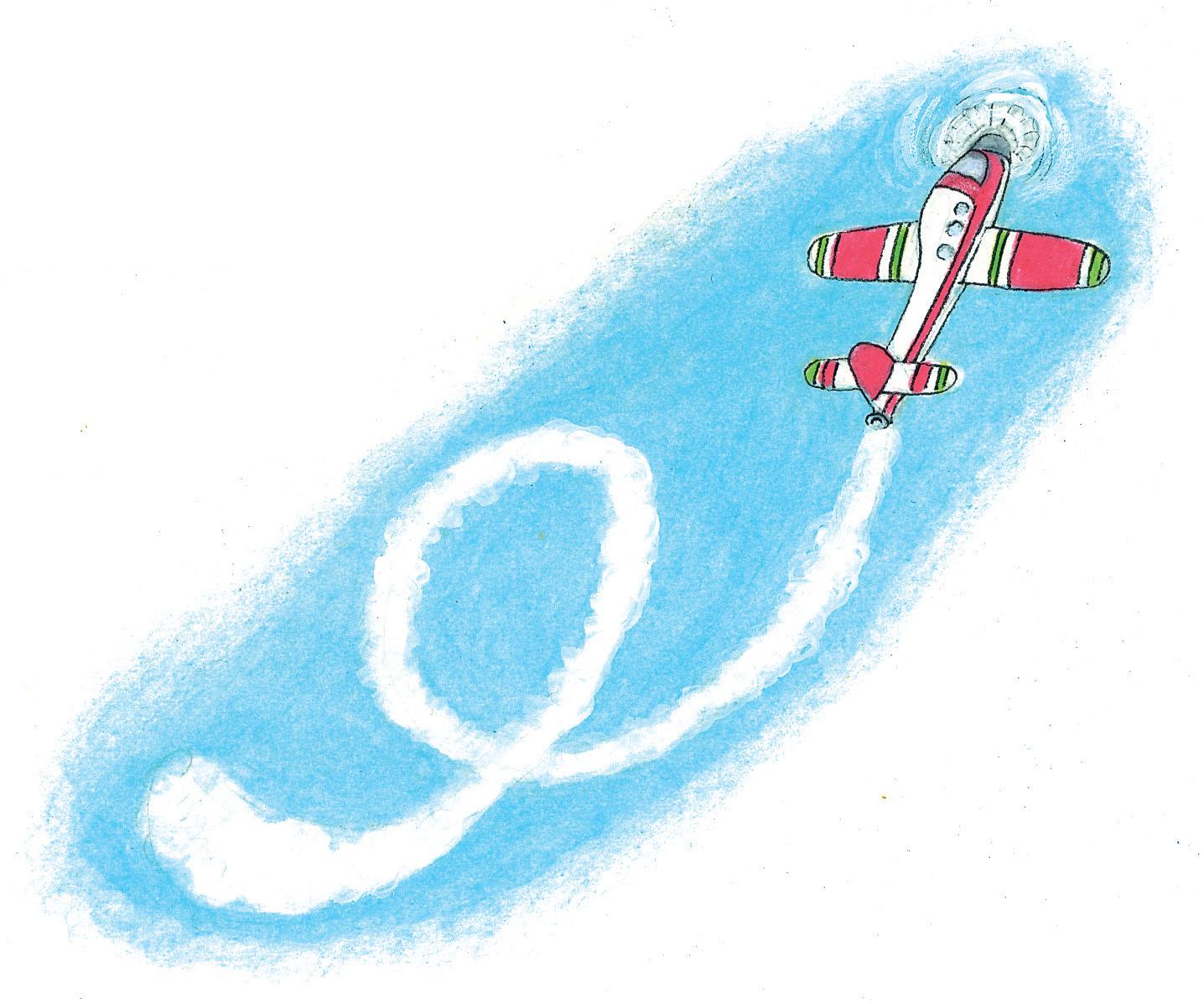
She flies around and then loops the loop. The children all clap.
Miss Beech looks at the box again.
“Perhaps I shall keep the box,” she thinks.
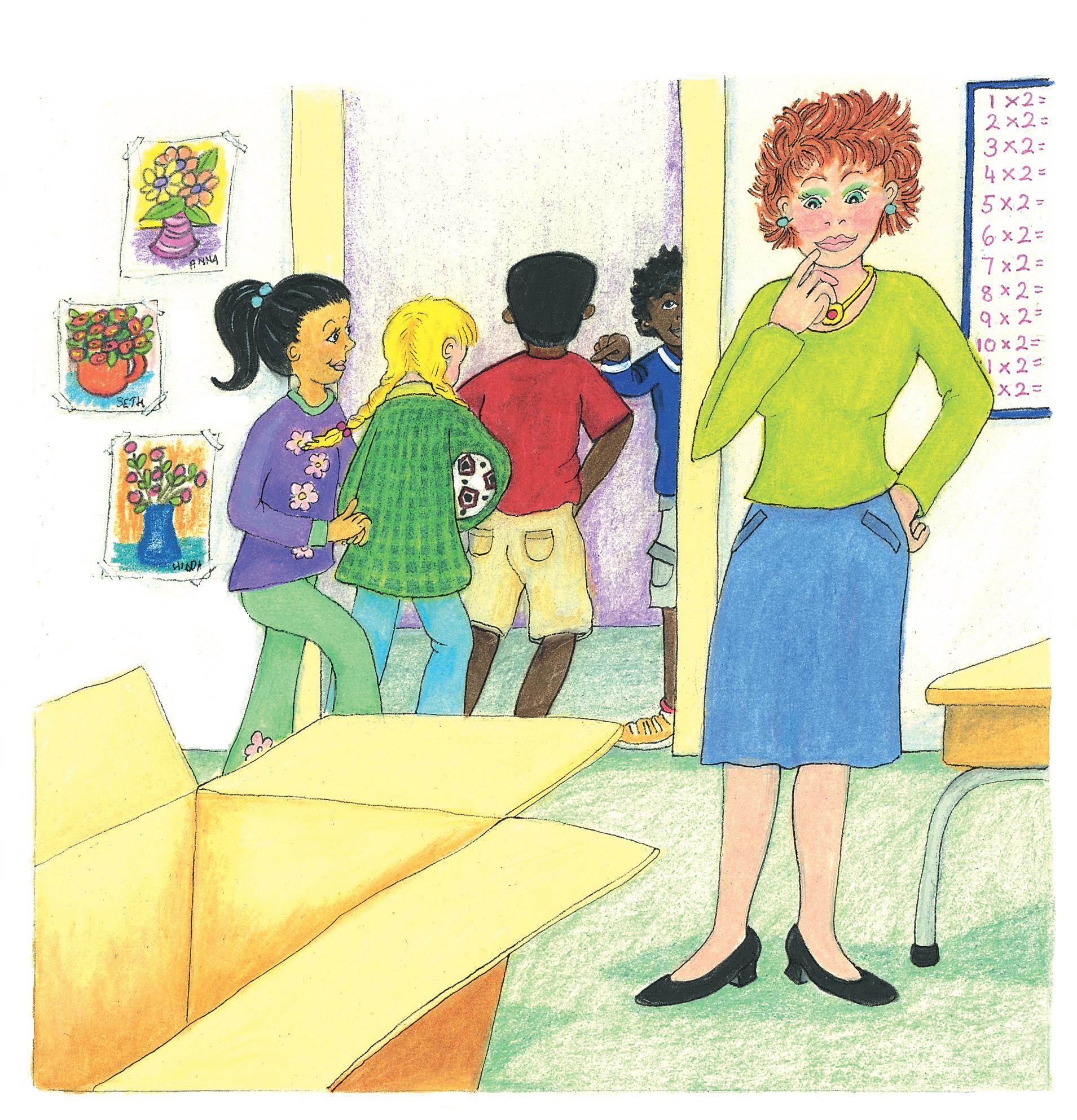
An important part of becoming a confident, fluent reader is a child’s ability to understand what they are reading. Below are some suggestions on how to develop a child’s reading comprehension.
l
Make reading this book a shared experience between you and the child. Try to avoid leaving it until the whole book is read before talking about it. Occasionally stop at various intervals throughout the book.
Ask questions about the characters, the setting, the action and the meaning.
l Encourage the child to think about what might happen next. It does not matter if the answer is right or wrong, so long as the suggestion makes sense and demonstrates understanding.
l Ask the child to describe what is happening in the illustrations.
l Relate what is happening in the book to any real-life experiences the child may have.
l Pick out any vocabulary that may be new to the child and ask what they think it means. If they don’t know, explain it and relate it to what is happening in the book.
l
l Encourage the child to summarise, in their own words, what they have read.
l l l What’s in the book?
What is Miss Beech planning to do with the box?
What does Meg pretend the box is?
What does Ben use the box for?
do you think?
l l
Why do the children like the box so much? Why does Miss Beech decide to keep the box?
These readers have been written with a carefully controlled vocabulary, and are specifically designed for children who are learning to read and write with Jolly Phonics.
• The text in these Yellow Level Books (second level) uses only decodable regular words (made up from the 42 letter sounds taught in the first stage of Jolly Phonics, along with the alternative spelling of ‹y› for the /ee/ sound at the end of words like happy and sunny) and a small number of tricky words (frequently used words that are not fully decodable at this stage).
• All new tricky words and alternative vowel spellings used are shown on the front inside cover. These can be used as a quick practice activity before starting the book.
• Faint type is used for silent letters, like the ‹b› in lamb.
• Comprehension questions and discussion topics are included at the end of the book. These ensure that children are not only able to read the text, but also get meaning from the stories.
Inky Mouse & Friends
Phonic
Hetty
Zack’s Present
Picnic
Spots
Looking for Snake
General Fiction
Monster Party
Crabs
Red Hen
Swimming
The Box
Animal
Chatter
Nonfiction
Rainforests
Cheese Stars
Oil
Lizards
Shells
Butterflies and Moths
To see the full range of Jolly Phonics products, visit our website at www.jollylearning.co.uk
